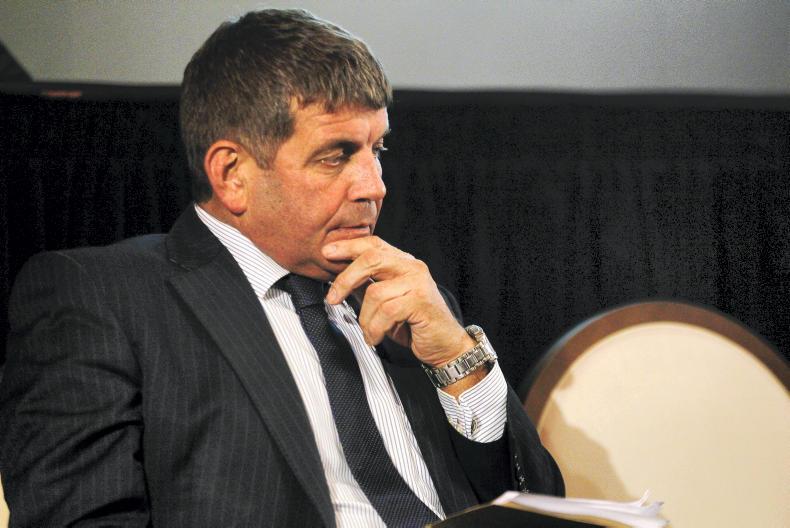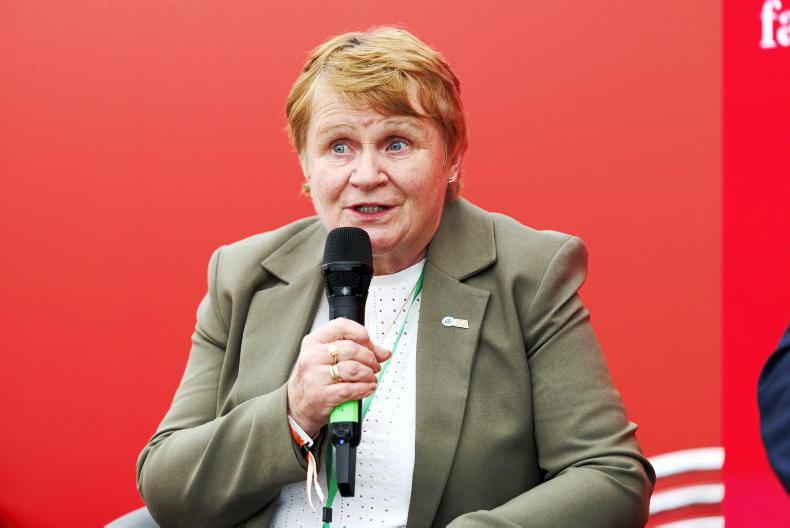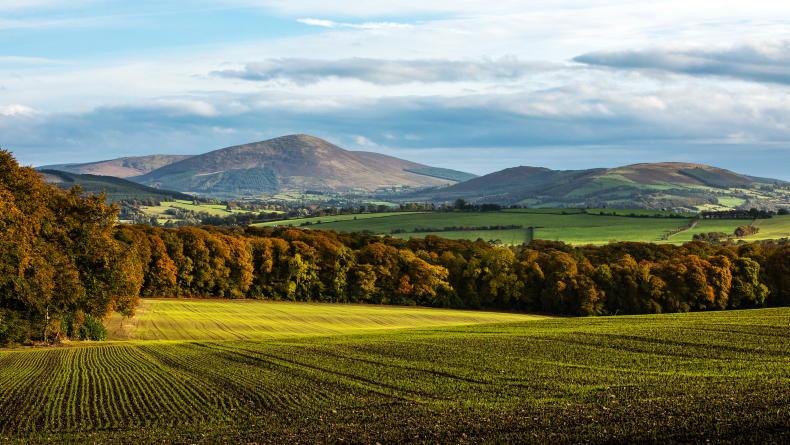While 2020 seems a long way away, next week sees the beginning of the public debate around the future Common Agricultural Policy (CAP) for the post-2020 period.
The Department of Agriculture will host, with the first in a series of half a dozen consultation meetings taking place in Carlow on Monday evening.
Minister of State Andrew Doyle will be presiding. The Carlow meeting is in the Wicklow TD’s backyard, and Minister Creed will only have landed back from his trade mission to Turkey, so there is a logic to this.
It’s also reasonable to suggest that the first meeting might see the junior minister draw fire for his senior counterpart, giving Minister Creed and his advisers a first look at the nature of the positions coming from the floor, both from the farm organisations and the body public.
This may allow the opportunity to develop coping strategies for the second meeting in Charleville, Co Cork.
Caution might be advisable – the last CAP process proved incredibly fractious.
This is despite the fact that by any measure, the row-back from the original Commission proposals to the final outcome was a significant political victory.
The IFA in part took ownership of the CAP reform process last time out, and ended up carrying the can in the west for what was seen as too little reform. The IFA, and everyone else, will be making sure it is the minister firmly in the firing line this time.
Expect beef farmers to call for a big coupled suckler payment at the Carlow meeting. Tillage farmers will look for their payments to be unharmed by that or any other initiative, with a bigger protein payment, and greening to be less restrictive.
The dairy sector will be strongly represented in Charleville, where the hen harrier farmers will surely be a vocal presence. The INHFA will want the push for flatter payments to dominate the Carrick-on-Shannon meeting.
It will be interesting to see what strategy Fianna Fáil will adopt.
Last time out, Éamon Ó Cuív strongly sided against the IFA, looking for front-loaded flat payments. Charlie McConalogue may bring a more nuanced approach this time.
The supreme irony of the last process was that it was the farmers who gained most who were most opposed to the outcome and angered by it. The farmers who lost up to 35% of their payments last time are not going to be as philosophical about the need for change again.









SHARING OPTIONS